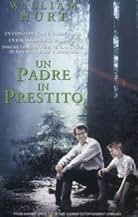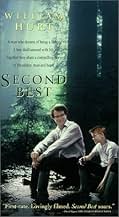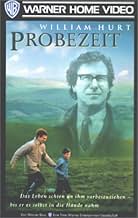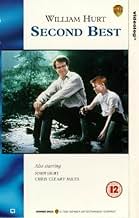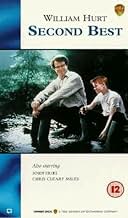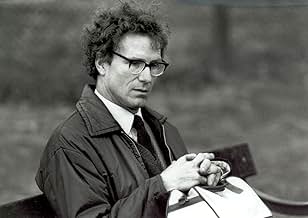Graham, a lonely Welsh postal worker, adopts James, a troubled ten-year-old boy. Graham always wanted a son, but James loves his biological father too much to give Graham a chance. Will the ... Read allGraham, a lonely Welsh postal worker, adopts James, a troubled ten-year-old boy. Graham always wanted a son, but James loves his biological father too much to give Graham a chance. Will the two be able to accept each other as family?Graham, a lonely Welsh postal worker, adopts James, a troubled ten-year-old boy. Graham always wanted a son, but James loves his biological father too much to give Graham a chance. Will the two be able to accept each other as family?



